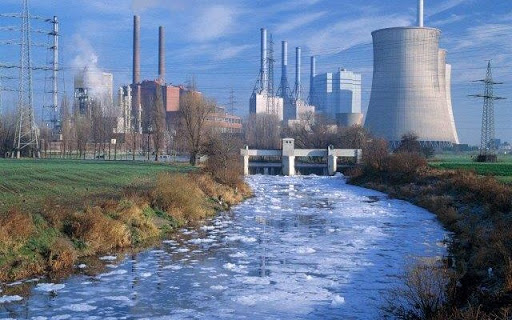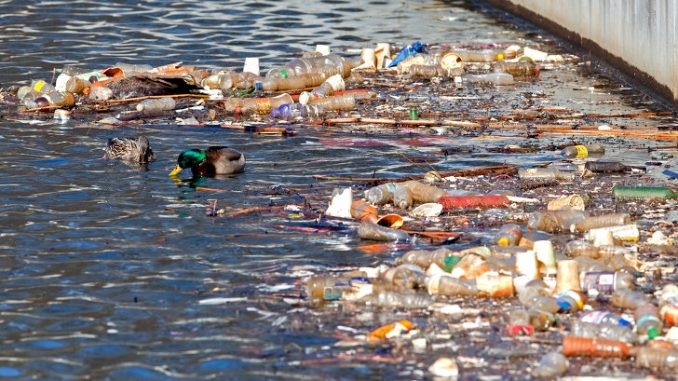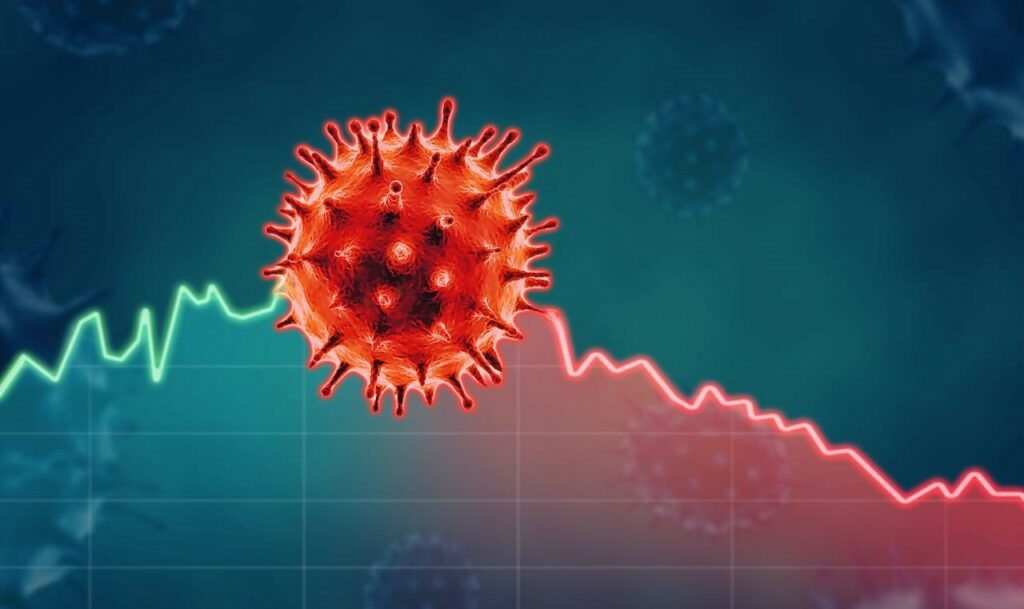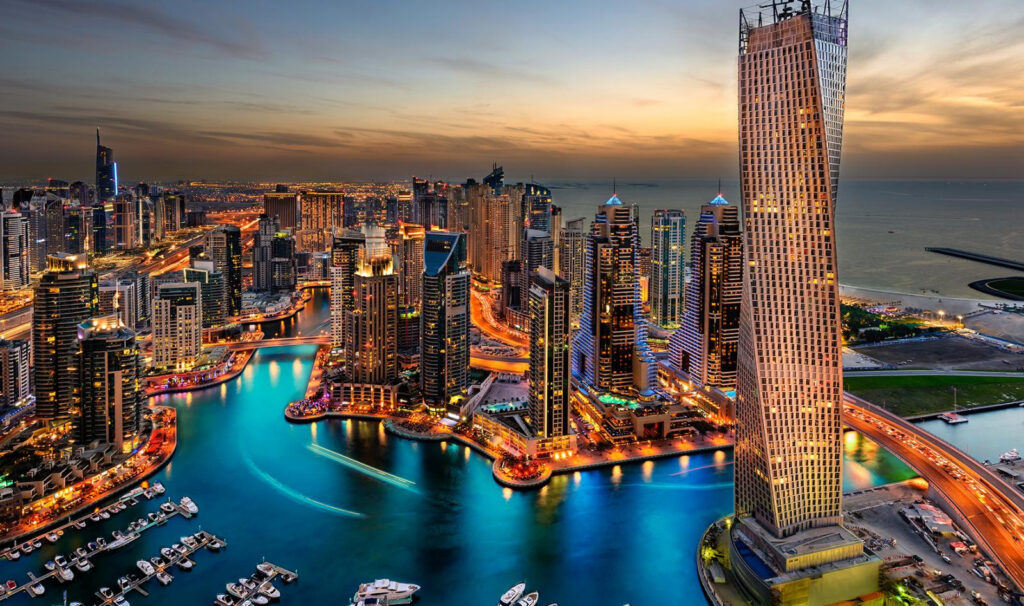Water pollution has been one of the major threats to public health in Pakistan. According to the UNO secretary General on world water day, around 1.3 billion people don’t have access to safe drinking water, more than 6 million people die every year as a result of waterborne diseases which is ten times the number of people killed in wars and 2.6 billion people don’t have access to clean and proper sanitation. While looking at the facts and statistics, it is anticipated that by 2030 many of the world’s population will be living in countries where there will be severe or moderate water shortages. The diminishing supply of water suggests that the next world war will be fought over fresh and clean water.
Water contamination being one of the main reasons leading to health problems in Pakistan has greatly affected the country’s economy. Many people in working age are trapped in water related diseases causing a fall in productivity levels and a decrease in economic efficiency of Pakistan, which eventually leads to less economic growth and decreasing GDP.
Outrageously, threats to clean water aren’t caused naturally but by the human beings. In Pakistan contamination of drinking water with municipal sewage and industrial wastes along with absence of water cleansing practices and quality monitoring at treatment plants is the major cause of the occurrence of waterborne diseases. These diseases include cryptosporidiosis, cholera, giardiasis, hepatitis, dysentery and typhoid which account for one third of the all deaths reported in Pakistan.
Water Pollutants:
The major water pollutants causing threat to public health include; domestic sewage, Pesticides and fertilizers, industrialization, Plastics and polythene bags etc.
In Pakistan large amount of domestic sewage is drained into the waterbodies without treating them. The domestic sewage contains plastic, litters, bacterial contaminants, solid waste and toxicants which cause water pollution. Farmers use fertilizers and pesticides to kill pests, bacteria and different germs. The chemicals containing pesticides aren’t disposed in a separate place but a directly exposed to the waterbodies in Pakistan. The harmful chemicals enter the food chains and also destroys the quality of drinking water which results harmful to human health. Industrialization has also greatly affected the public health of Pakistan. The hazardous substances discharged from the industries are responsible for ground water and surface water contamination and the entering of toxic metals into waterbodies from the heavy industries has also reduced the quality of water.

Lack of water management Pakistan’s population is trapped in waterborne diseases. It is recommended that there should be proper waste management system as it is better to take precautionary measures beforehand instead of putting life at risk from our own hands. In Pakistan there is lack of education and awareness among people about the causation of water pollution, therefore, awareness campaigns and educational programs should be organized across the country in order to eliminate the problem of water pollution.



